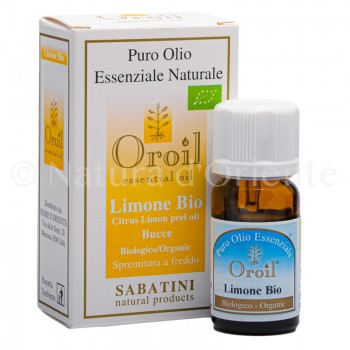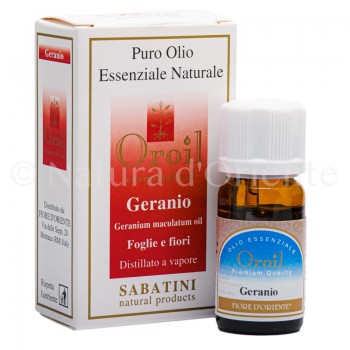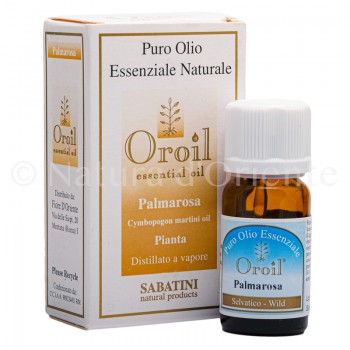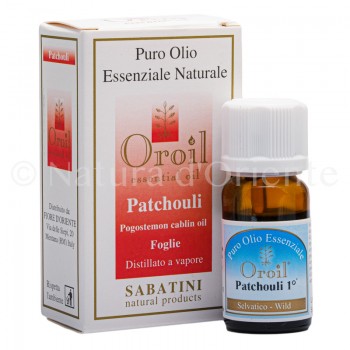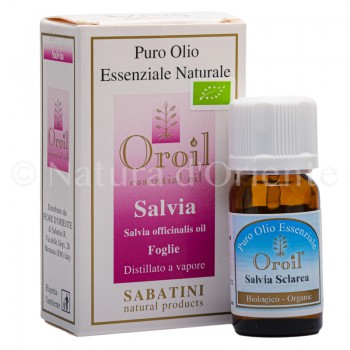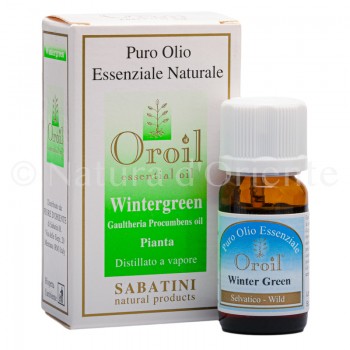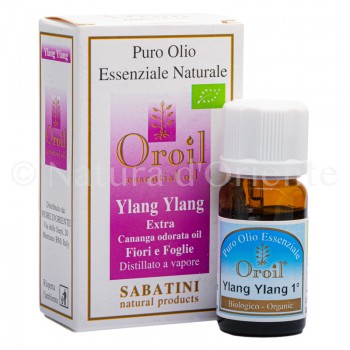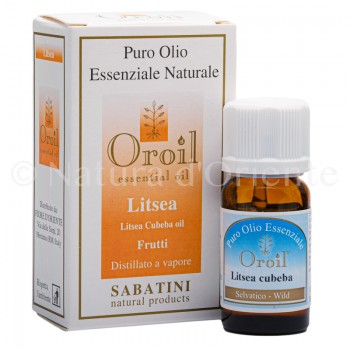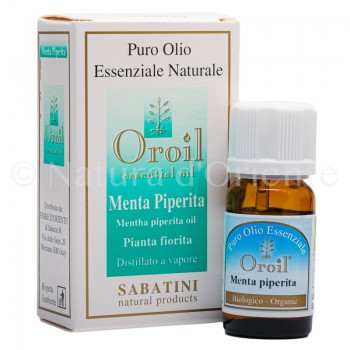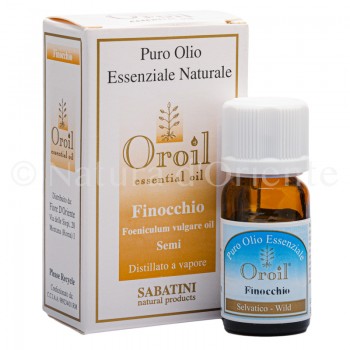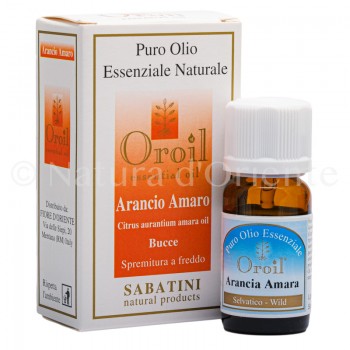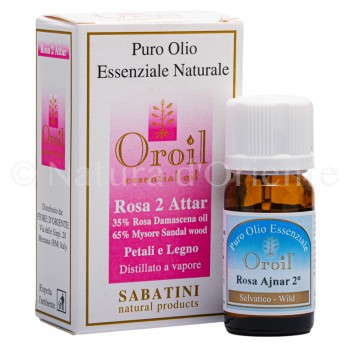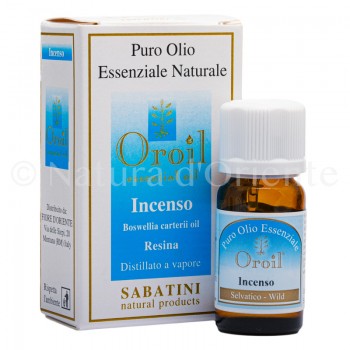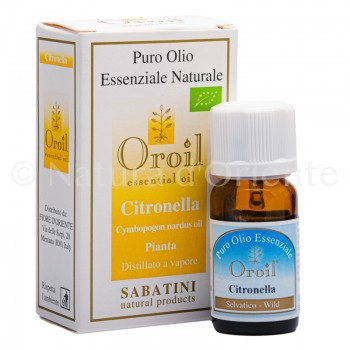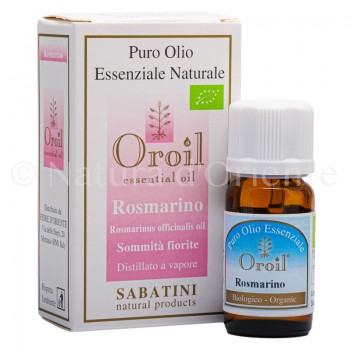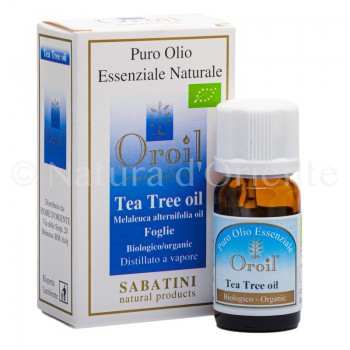An essential oil with balsamic and antiseptic properties is obtained from thyme. After all, in the kitchen, thyme is appreciated as a spice precisely for its scent, so the balsamic properties of thyme essential oil are not surprising.
The plant and the production of essential oil
Thymus is the name of a genus of plants in the Lamiaceae family which includes a few dozen species (a dozen are common in Italy). Thyme essential oil is obtained from a species whose scientific name is Thymus vulgaris. One of the first known uses of thyme was as incense to burn in sacrifices. The species is native to the Mediterranean basin, Theophrastus, a philosopher and botanist of Ancient Greece who succeeded Aristotle at the head of the Peripatus (Liceo) mentions it in his treatises. Thymus vulgaris looks like a small evergreen shrub that grows slowly (it reaches a height between 10 and 30 centimeters). The small leaves are needle-shaped and are arranged in opposite pairs, each subsequent pair is arranged at right angles to the previous one. The inflorescences are formed by flowers grouped in whorls placed at the end of the stems. This essential oil is obtained by steam distillation of the leaves and flowers.
Properties of thyme essential oil
As with many other essential oils, many properties are attributed to thyme essential oil, but the main ones, that is, the ones that are ascertained and the most outstanding, are certainly the antibacterial and balsamic ones. The former are so well established, even by modern science, that thyme essential oil is used for this purpose in toothpaste. The balsamic properties instead make it a friend of the respiratory tract with expectorant and anti-catarrhal activity.
Topical use of thyme essential oil
Skin and respiratory tract, these are the main uses of thyme essential oil, there would also be use to fight inflammation of the mouth and throat but for that it is better to use a version of the oil that is certified as suitable for food use. As far as the skin is concerned, the already mentioned disinfectant properties combined with the astringent properties make it a valid aid against acne, naturally as usual diluted in small quantities in a cream. It should be noted that if thyme essential oil, thanks to thymol, is one of the essential oils with the highest disinfectant power, on the other hand it is quite aggressive and should be used with caution by people with very sensitive skin. For diseases of the respiratory tract, fumigations can be practiced with the essential oil of thyme, given how marked the balsamic properties are, a couple of drops in a bowl of very hot water are enough. In case of phlegm, to use it as an expectorant, it will be added to a cream or oil to spread and rub on the chest.
Use in Aromatherapy
In aromatherapy, the essential oil of thyme can be a preventive of certain ailments of the respiratory tract, keeping the air disinfected and pleasantly scented. In the diffuser or in the radiator tray, also in association with other oils such as stone pine.


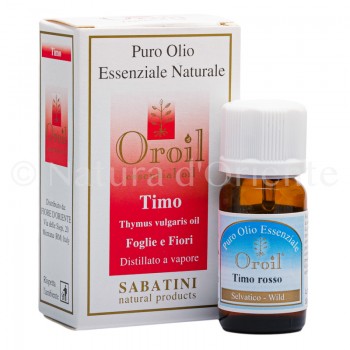
 By buying this product you can collect up to
By buying this product you can collect up to
